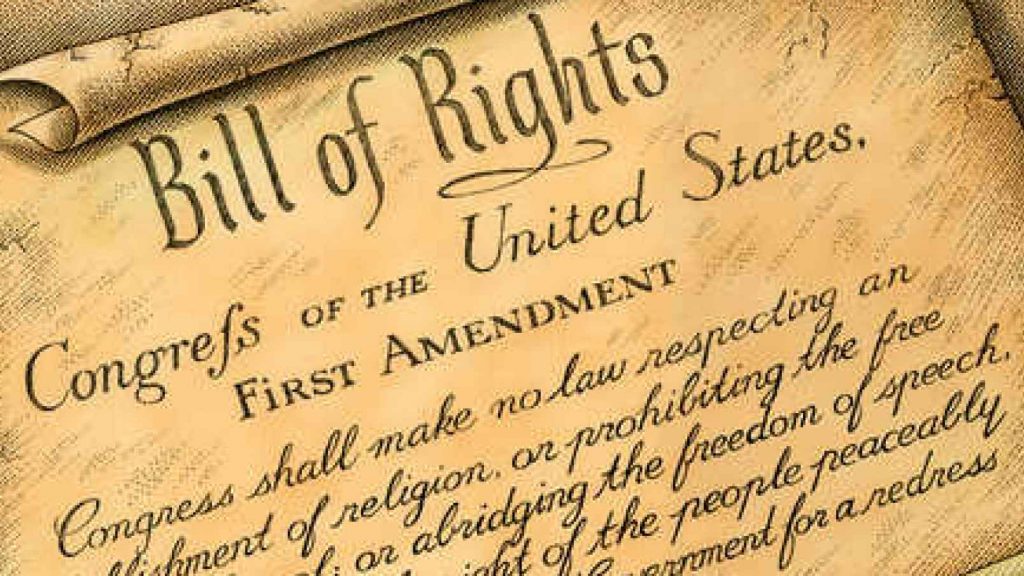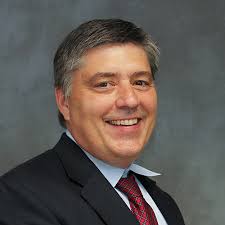Who’s to say?
The line between what falls under the protection of the First Amendment and what doesn't can be difficult to discern. What were the founders intending when they secured Americans’ freedom of speech?

By Allen Junek ‘18
In the age of the social media and 24/7 news cycles, freedom of speech is more relevant than ever. With the push of a button, Americans can now share their thoughts and ideas with anyone who has access to their phone or internet.
However, what falls under the protection of the First Amendment and what doesn’t can be difficult to discern.
“Take television personalities for example. They have the right to say whatever they want, but if their network decides what they say is not in the best interest of its brand, then of course it can fire them,” said Dr. Kirby Goidel, professor of communication and director of the Public Policy Research Institute.
Citing another example, Goidel said he can quote literature in his classroom that uses derogatory language, but this is worlds apart from if he were to employ such language of his own accord.

Dr. Kirby Goidel, professor of communication and director of the Public Policy Research Institute
“Freedom from repercussion has always been a topic of conversation within freedom of speech; it has always been a battle over what’s allowed, what’s not allowed, and what goes too far,” Goidel said.
So what were the founders intending when they secured Americans’ freedom of speech?
“The idea was, bad speech would be combated with good speech, and good speech would always win. It’s a nice argument, but it doesn’t always work out that way,” Goidel pointed out. “To what extent should a society permit bad speech if the goal of bad speech is to deprive others of their rights? This is something we call the paradox of tolerance.”
So in the case of television stars, it really all depends on if a network thinks it can retain its audience.
“We are not free from repercussions from our speech; other people are allowed to speak back to us,” Goidel said. “There’s absolutely no reason why, if someone makes a racial slur, that they should be protected from the repercussions of their speech.”
In the public sector, as well as the private, Americans ought to consider the motivations and possible consequences of their speech.
“There has always been the understanding that if you’re going to have a democratic republic, you have to allow people to have freedom of speech,” Goidel said.
But the effects of someone’s speech is another matter entirely.
